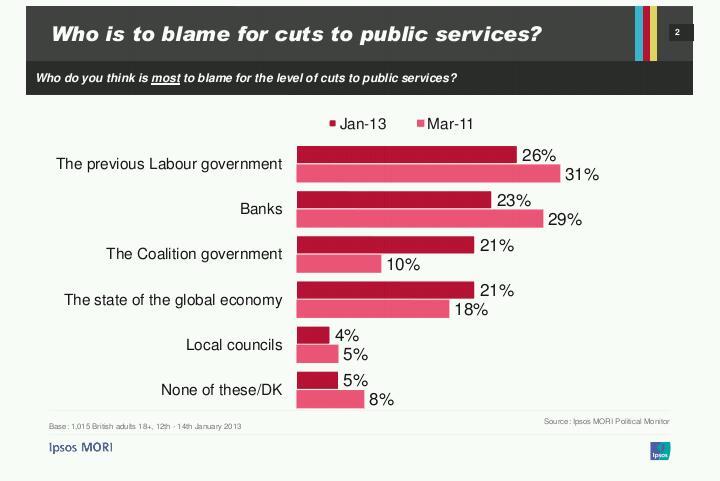MPs have been grilling the 'Big Four' accounting firms today - PwC, Delloite, KPMG and E&Y
Tax avoidance and 'planning' account for between a quarter and one third of all revenues that that the behemoths create - and its probably the most profitable work. PwC made over $7bn in Tax revenues in 2011 and my guess is that the UK is a big chunk of this as we are the centre of the financial world.
When Jane McCormick, UK head of tax at KPMG, says: “Our main purpose is to help our clients calculate and pay their tax.” I start to shake with uncontrollable laughter / anger. If one of her minions were to say this, in all seriousness, in the privacy of a client's Boardroom Jane McCormick would probably sack them on the spot!
The MPs are generally useless at any kind of investigative cross examination and today was no exception, the smooth talking consultants were able to bat away there piffling question with disdain. Anyway Parliament shouldn't be so smug, the main reason for this booming industry is the appallingly complex tax regime that we have in the West -and the UK is one of the worst.
Gordon Brown was responsible for more tinkering and rule adding that anyone since Pitt the Younger and George Osborne (the worst Chancellor since Tony Barber) has been even worse. Imagine this, he has made over 400 tax changes since coming into office 300 up 120 down! No wonder the tax accountants are having a field day. My thanks to the source below published by Conservative Home!!
http://conservativehome.blogs.com/files/taxrises.pdf
The UK guide to tax regulations came in at 5,952 pages in 2001, grew to 9,866 under Labour in 2007, and has been beefed up to 17,795 pages under the coalition, that's a bloody disgrace.
I think its probably accepted that simple and fair taxes are the most efficient. George Osborne has failed in 3 years to bring forward a single simplification, which could have raise revenue without lining the pockets of the accounting firms. Worst Chancellor since Tony Barber.ANOTHER BIG FOUR - can you name them?









